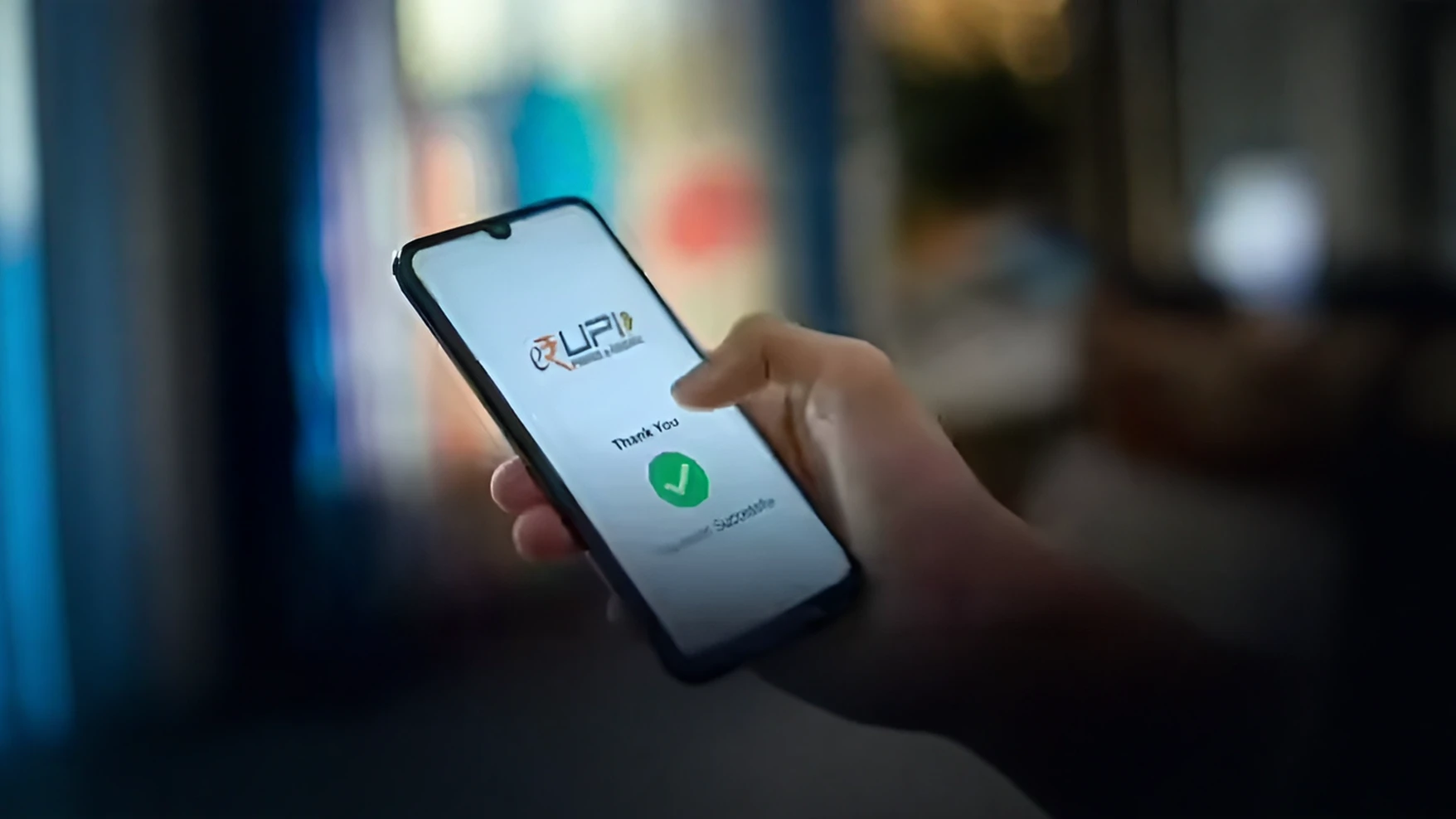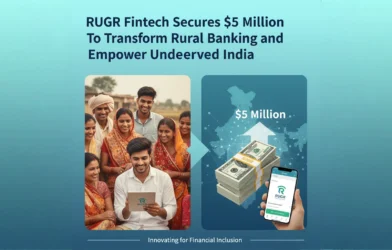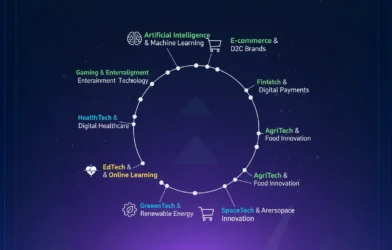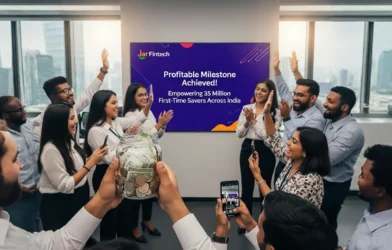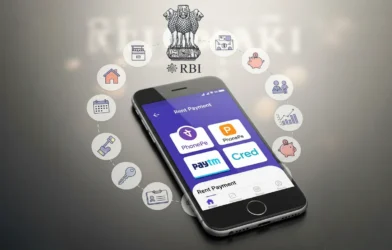MUMBAI: Payment aggregators are feeling the pinch as ICICI Bank has now started charging them for processing purchases made using UPI. Fintechs that route transactions through the bank must now factor in new charges, intensifying the debate on the long-term viability of free digital payments. Payment aggregators with escrow accounts at ICICI will be charged two paise per Rs 100 processed, capped at Rs 6 per transaction. Those without such accounts will pay double – with a Rs 10 cap. Merchants who settle directly into ICICI Bank accounts will continue to receive UPI services at no cost.
Firms such as Razorpay, PayU, Pine Labs, Innoviti, and Worldline operate at the interface between large retailers and customers, enabling acceptance of card, wallet, and UPI payments, collecting merchant discount rates on card payments and a platform fee on UPI, while relying on partner banks to access the payments infrastructure. Under the UPI framework, banks provide identification, process transactions, and absorb the cost of scale. With UPI volumes climbing, some banks have grown wary of bearing the backend expenses of processing transactions without direct returns, particularly as both merchants and consumers pay nothing for the service.
According to payment aggregators, at least two other private banks – Axis Bank and Yes Bank impose similar charges, indicating a broader shift in approach.
The government has maintained that UPI is a public good and must remain free for users and small merchants. However, over 1,900 crore transactions worth Rs 25 lakh crore in a single month have added financial strain. Aggregators, caught between rising bank charges and regulatory expectations, have avoided passing on costs to merchants, choosing instead to subsidise UPI from other income streams. The principle of free payments is under scrutiny. RBI governor Sanjay Malhotra said UPI needs to be sustainable and that “someone will have to bear the cost” of running the system.
Disclaimer: This article is based on information originally published by Times of India. All rights and credits for the original reporting belong to Times of India and the respective author. The content here has been adapted for informational purposes.


